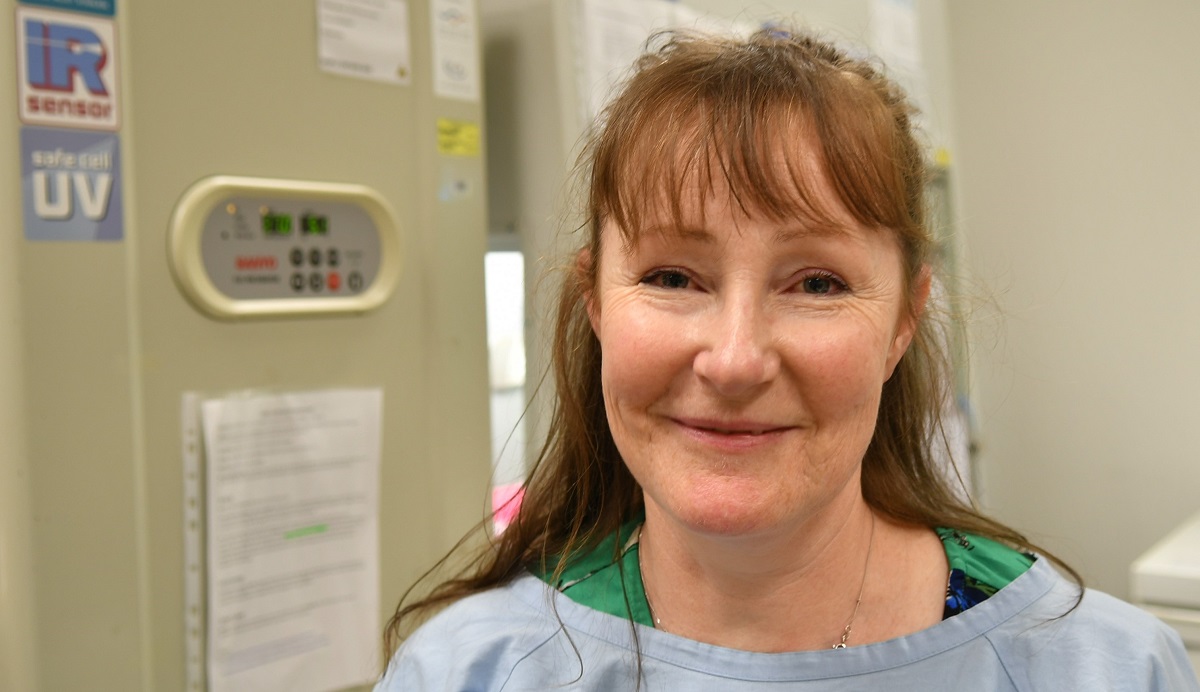
In the lead-up to Rare Diseases Day – on Sunday February 28 – we spend a moment with Associate Professor Kim Hemsley, whose studies into childhood dementia are helping to unlock answers that can assist treatment of this largely unheralded condition.
What is your role and what does your work focus on?
I lead the Childhood Dementia Research Group, within the Flinders Health and Medical Research Institute (FHMRI) at Flinders University, which is a team of medical researchers whose goal is to identify and test treatments for childhood-onset dementia. People are surprised and very saddened when I tell them that unfortunately yes, children get dementia too. It’s typically something associated with aging. There are more than 70 different genetic causes of dementia in children and according to a recent study by the Childhood Dementia Initiative there are 2300 Australian children living with this condition at present. Sadder still is the fact that less than 5% of the disorders have a treatment and most children never reach adulthood. The aim of our work is to develop treatments in the lab and see them move into the clinic so that these children and their families can have a normal life. People can learn more about this disease by visiting an informative website – https://www.childhooddementia.org/what-is-childhood-dementia
Due to the limited awareness of childhood dementia, I’d like use the occasion of Rare Diseases Day on February 28 as an opportunity to spread the word and help gain wider public attention for this rare condition and our research. Rare Diseases Day is an important international campaign that aims to raise awareness of what it means to be rare. There are over 300 million people worldwide living with a rare disease. Through doing research into more than 6000 rare diseases, the global medical fraternity works towards more equitable access to diagnosis, treatment, care and social opportunity. Our key message for Rare Disease Day 2021 is that: Rare is many. Rare is strong. Rare is proud – and we encourage everyone to take part in this campaign.
Can you briefly describe the journey that took you to this point in your career?
I attended public primary and high schools in Adelaide and was encouraged by a high school science teacher to consider a career in medical science. After completing a Bachelor of Applied Science at UniSA, I worked for an inspiring, amazingly supportive Flinders University research academic (Emeritus Professor Ann Crocker), who encouraged me to undertake a PhD at Flinders. My first post-doctoral position at the WCH/SAHMRI, and I left there in late 2019, excited to return to Flinders with my research team.
Can you describe a challenge in your life and how you dealt with it?
I try and deal with challenges by having Plan B (and often Plan C and Plan D).
What is something you are most proud of?
I’m especially proud of the strong, productive and mutually respectful relationships that my research group and I have formed with consumer/patient organisations and the families experiencing childhood-onset dementia.
What does a normal day look like for you?
I try to go for a run or a walk early in the morning and catch up on email correspondence while travelling on the bus during the journey into work. Most of my day is spent discussing ongoing projects with research group members, researching new ideas and writing grants to seek funding for them, or being in meetings of one of the various Flinders/CMPH/FHMRI committees I am involved with.
How do you like to relax or spend your spare time?
In my spare time, I like to go for bushwalks or for a run with my husband. We’ve also just taken up lawn bowls (the Night Owls competition) but we’re pretty terrible at it! We have a good time, though. We are also revegetating a block of land up in the Murraylands.

